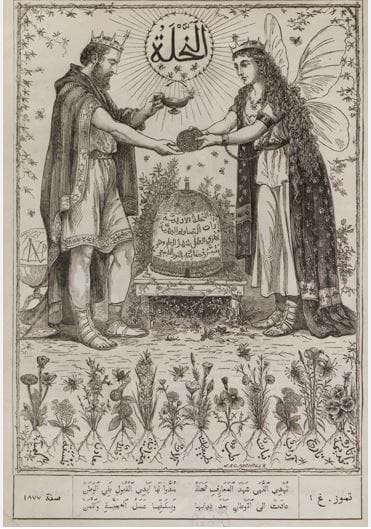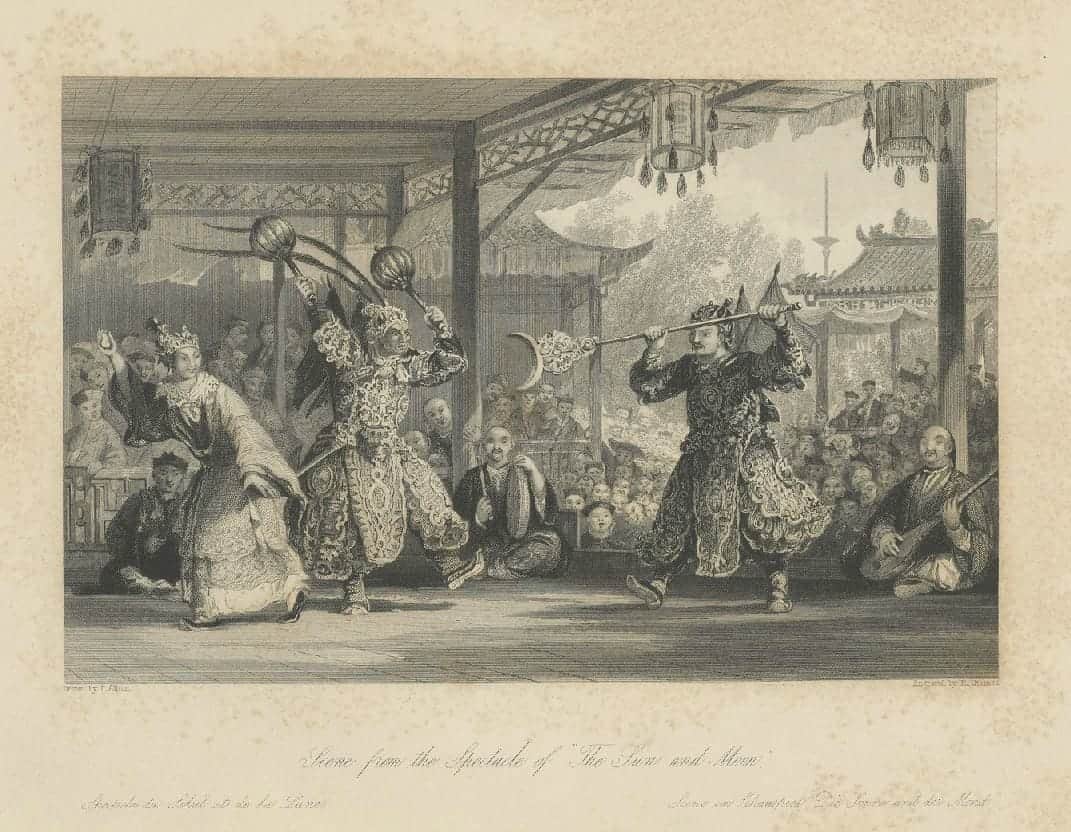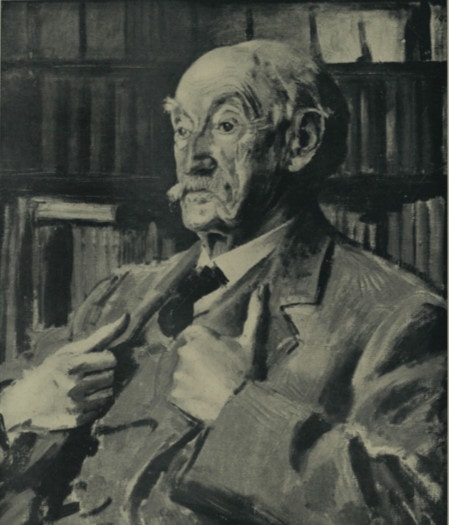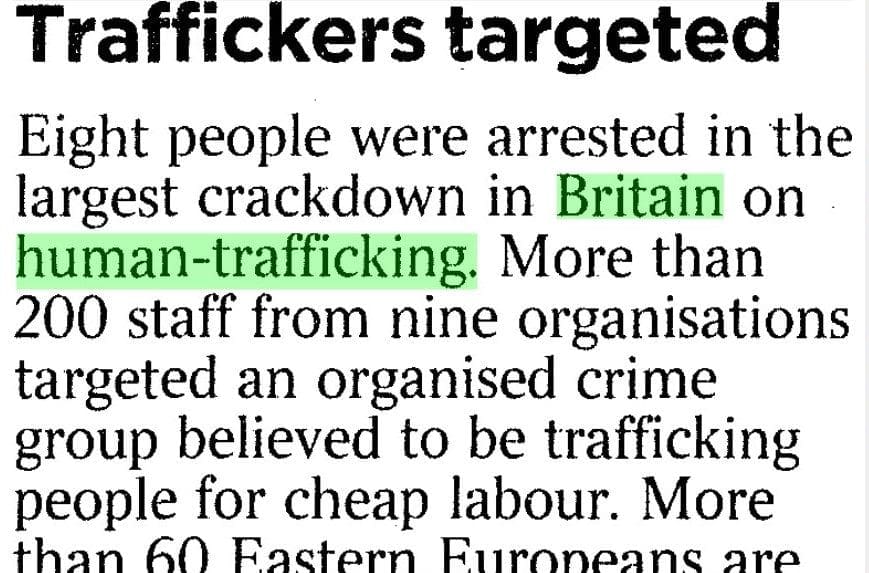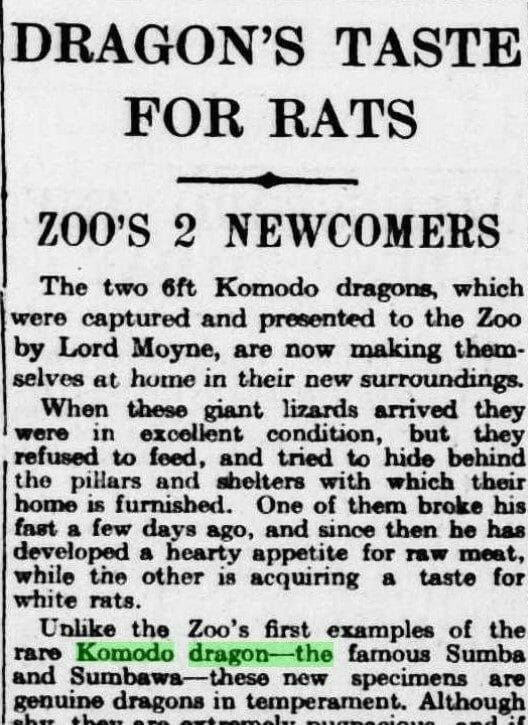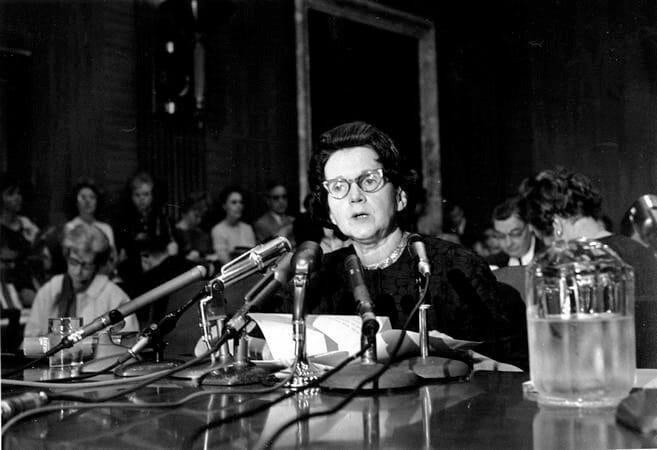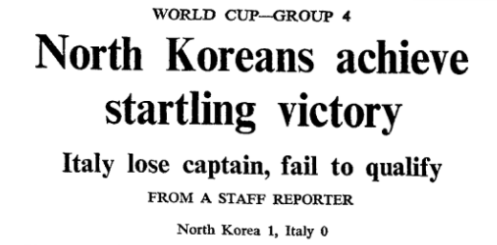By Becky Wright, Gale Content Researcher
Gale’s digital collections include a wealth of newspapers, journals and periodicals. From The Times Digital Archive to the newspapers in the 17th and 18th Century Burney Collection, and from the International Herald Tribune to Missionary, Sinology and Literary Periodicals published in China, researchers have access to a vast array of English-language journalism, spanning centuries and continents. With the inclusion of early newspapers and periodicals in the resource Early Arabic Printed Books from the British Library, this archive offers researchers the opportunity to trace the development of Arabic print journalism as well. While the digital collection was being created, I was lucky enough to see some of the originals at the British Library. I was struck by the diversity of the journals, both in subject matter and appearance, but such variety is not so surprising considering the titles span more than thirty years (1861 to 1899) and were produced in several different countries.

